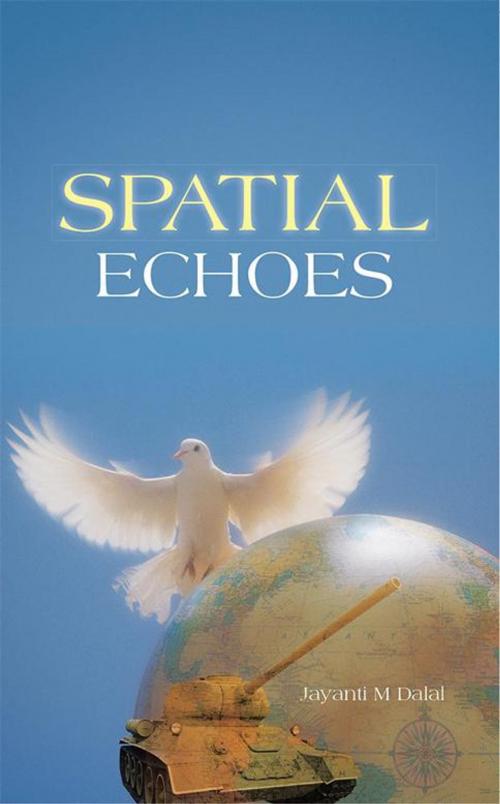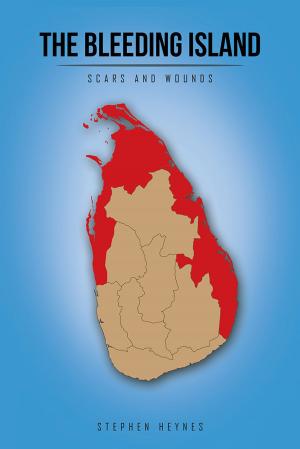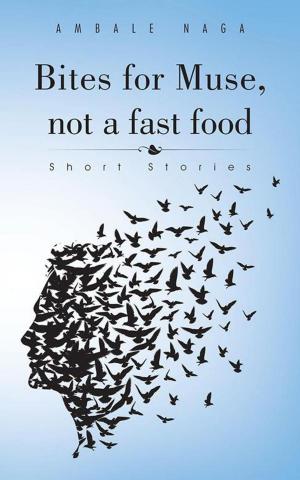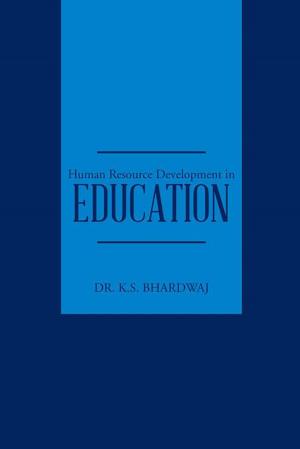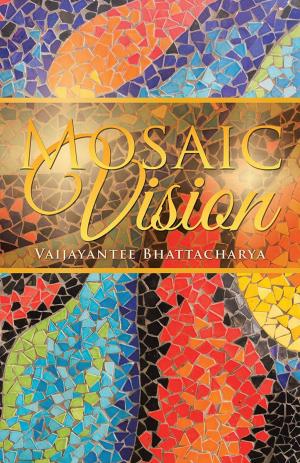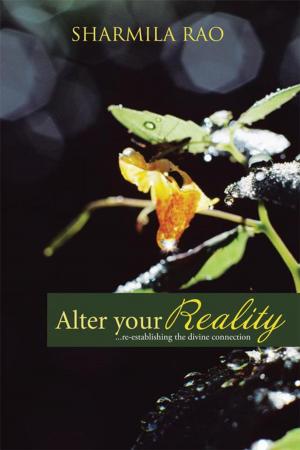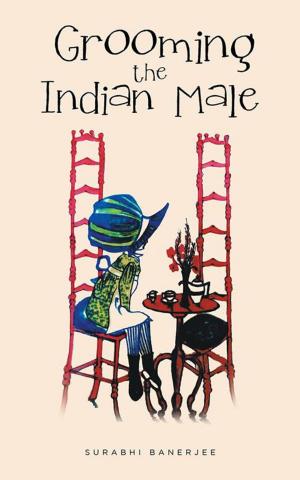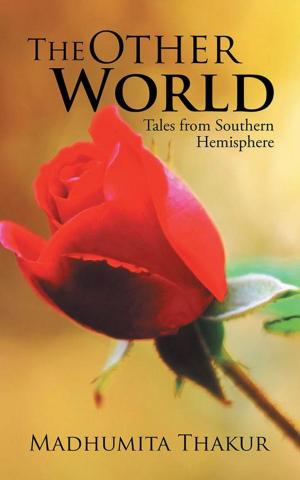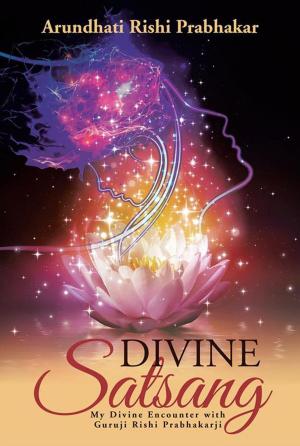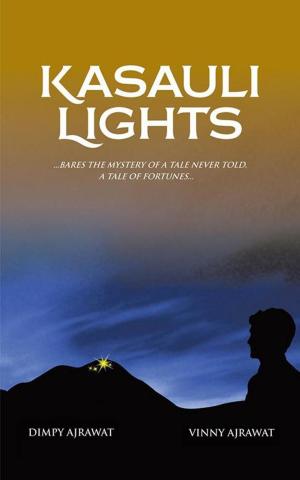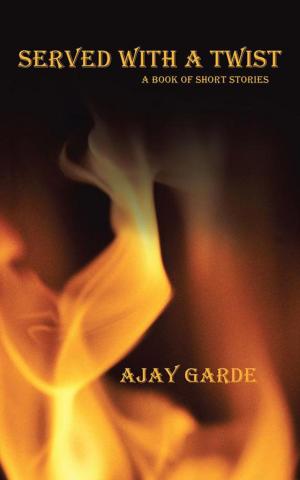| Author: | Jayanti M Dalal | ISBN: | 9781482822571 |
| Publisher: | Partridge Publishing India | Publication: | July 11, 2014 |
| Imprint: | Partridge Publishing India | Language: | English |
| Author: | Jayanti M Dalal |
| ISBN: | 9781482822571 |
| Publisher: | Partridge Publishing India |
| Publication: | July 11, 2014 |
| Imprint: | Partridge Publishing India |
| Language: | English |
Looking at Iqbal, Sanatan said, Iqbal, we have four days on our hands. How can we suspend the devastation of mankind through contemplation, deep thinking, and the exchange of views? How can we avert the nuclear warfare forever? How can we avoid annihilation of humanity, which could be engineered through nuclear weapons? How can we make the entire humanity feel free through peace and harmony? How can such circumstances be restrained through the scientific intentions? Several such questions are cropping in my mind. Let us pray to God so that we can get proper answers for such questions. What if the Third World War breaks out? Could it be averted? Could superpowers with nuclear weaponry control the religious fanatics bent upon taking the world to the brink of mass annihilation? Two young boys, Sanatan and Iqbal, one Hindu and the other Muslim, living in a sleepy village of prepartition India, were nurtured with ideals of patriotism and service to humanity. After the partition of India, the boys were separated as Iqbals family migrated to Pakistan. As decades passed, both become renowned scientists in their respective countries. In the meantime, the Third World War breaks out. Will either of them succeed in hatching their sinister design? In Spatial Echoes, Jayanti M. Dalal vividly describes India in the days before independence, fomenting questions of communal harmony, the substance of world peace, the future of the world in the nuclear-arms race, and the chessboard gimmickries of the superpowers bent on taking the world to the brink of mass destruction. This makes Spatial Echoes quite a fascinating novel written by an Indian fiction writer.
Looking at Iqbal, Sanatan said, Iqbal, we have four days on our hands. How can we suspend the devastation of mankind through contemplation, deep thinking, and the exchange of views? How can we avert the nuclear warfare forever? How can we avoid annihilation of humanity, which could be engineered through nuclear weapons? How can we make the entire humanity feel free through peace and harmony? How can such circumstances be restrained through the scientific intentions? Several such questions are cropping in my mind. Let us pray to God so that we can get proper answers for such questions. What if the Third World War breaks out? Could it be averted? Could superpowers with nuclear weaponry control the religious fanatics bent upon taking the world to the brink of mass annihilation? Two young boys, Sanatan and Iqbal, one Hindu and the other Muslim, living in a sleepy village of prepartition India, were nurtured with ideals of patriotism and service to humanity. After the partition of India, the boys were separated as Iqbals family migrated to Pakistan. As decades passed, both become renowned scientists in their respective countries. In the meantime, the Third World War breaks out. Will either of them succeed in hatching their sinister design? In Spatial Echoes, Jayanti M. Dalal vividly describes India in the days before independence, fomenting questions of communal harmony, the substance of world peace, the future of the world in the nuclear-arms race, and the chessboard gimmickries of the superpowers bent on taking the world to the brink of mass destruction. This makes Spatial Echoes quite a fascinating novel written by an Indian fiction writer.
